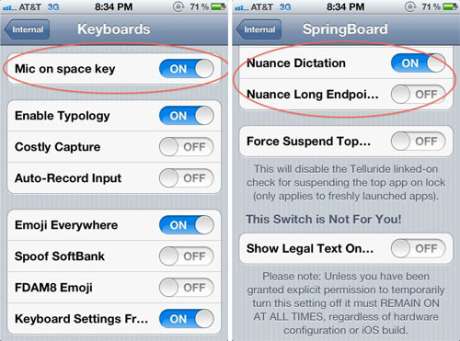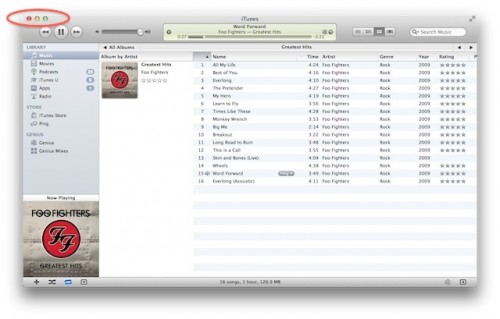Apple announced iCloud, iOS 5 and previewed Lion at WWDC but amidst the 450+ new features between all 3 new products, a few awesome things fell through the cracks. Here’s a roundup of the cool things Apple left out of its keynote.
A Browser Only Version Of Lion
Slimming down the Operating System until it’s nothing more than a simple browser reliant on web apps and the Internet for functionality isn’t new but Apple has baked it in to Lion. Chrome OS fans don’t need to fret as Apple isn’t going toe to toe with Google on a browser only OS.
Apple is touting the much faster install times of OS X Lion and has included a recovery partition to make re-installation easier but if your OS is toast and you need to look up support, booting in to a browser would be the easiest way to do so. New in Lion is the “Restart To Safari” feature which launches Safari upon bootup instead of loading Lion. There’s no bells and whistles aside from what’s included with Safari but your browsing history and open windows are saved so when you log in to Lion, your internet activity is saved.
Enhanced Voice Controls In iOS 5
____PROOF READING STOPPED HERE_____
Apple first debuted voice controls in iOS 3 alongside the iPhone 3GS and have been steadily improving voice recognition. A recent purchase of Nuance and Siri by Apple has fueled rumors Apple is looking to dramatically enhance voice recognition and iOS 5 may be the first time we see this come to fruition.
A hidden setting was discovered in iOS 5 by Chronic and shows Apple is heavily integrating enhanced voice recognition tech in to iOS 5. The reason Apple didn’t show off the new voice recognition features was due to their lack of completion according to some sources.
iTunes Is Going 64-bit, Cocoa Could Be Next
The newest Beta of iTunes is available in a 64-bit flavor and may be ported to Cocoa soon.
This is big news for a number of reasons. ITunes is one of the last Apps to be developed in Carbon, a legacy AP that preceded OS X and was maintained by Apple for quite some time. Despite the heavy push for developers to use Cocoa for creating OS X Apps, iTunes is one of the last few Apps to use Carbon. The move to 64-bit either means Apple ported iTunes to Cocoa or did some heavy duty coding in making a carbon version of iTunes play nice with OS X.
But the move to Cocoa would mean a faster iTunes as it wouldn’t be relying on a legacy framework and would be able to take advantage of certain Cocoa only APIs in OS X,













